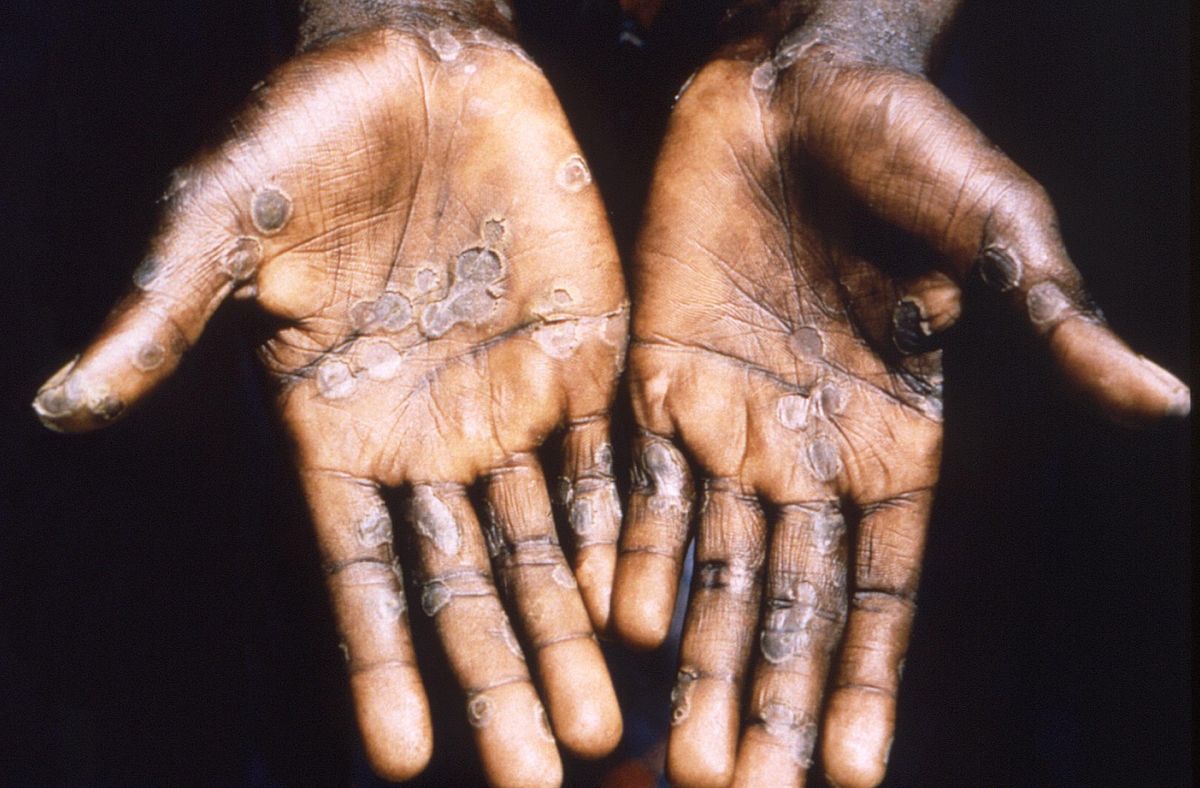According to statistics from Our World in Data, there are already around 300 confirmed cases, worldwide, of the so-called monkeypox, a disease that until not long ago was endemic to the African continent but has now spread to other 21 countries.
The fight against the pandemic of Covid-19 has been extremely exhausting as it has lasted a little over 2 years, so the outbreak of monkeypox generates a series of doubts and to a certain extent fear of returning to the same situation experienced with the coronavirus.
One of the doubts that arise regarding monkeypox is knowing who is much more vulnerable to contracting the disease . Specialists say that most children and adults with healthy immune systems dodge serious illness. However, there are groups that are considered high risk.
The first group is babies under 6 months of age because their defenses are lower not only to this but to other diseases.
The second group is older adults, who are more prone to to succumb to the monkeypox virus, but they have a percentage of protection thanks to smallpox vaccines that were given decades ago, studies suggest.
Also those who are at risk of developing a More severe disease are those who are immunocompromised, i.e. those who are HIV positive, cancer patients, organ transplant recipients, and those taking immunosuppressive medications.
Similarly, people with skin conditions, such as eczema and atopic dermatitis, are associated with more severe monkeypox infections.
“In short, including So those who were vaccinated many decades ago maintain a very, very high level of antibodies and the ability to neutralize the virus,” said Luigi Ferrucci, scientific director of the National Institute on Aging. “Even if they were vaccinated 50 years ago, that protection should still be present,” he assured.
Regarding this situation, Anthony Fauci, the The main epidemiologist of the United States Government and the top adviser on infectious diseases of the Joe Biden government, assured that it is reasonable to assume that the majority of vaccinated people are still protected, but acknowledged that “the durability of protection varies from person to person.” .
That is why the Centers For Disease Control and Prevention (CDC), they recommend smallpox vaccine boosters every 3 years, but only “for people at risk of exposure due to their occupation,” David Daigle said in a statement. , agency spokesperson.
“Until we know more, we will continue to use the available vaccine reserves for people who have had close contact with known cases and people with the highest risk of being exposed for their work, such as health professionals who treat patients with monkeypox”, Daigle pointed out.
You may be interested:
In addition to Covid: They recommend the use of a mask to avoid contagion of monkeypox
10 reasons to be optimistic and not worry about Monkeypox
What are the differences between conventional Smallpox and Monkeypox
